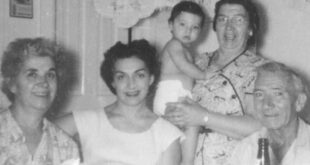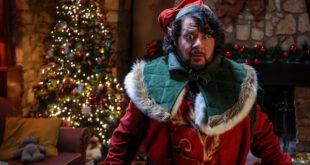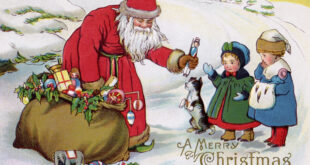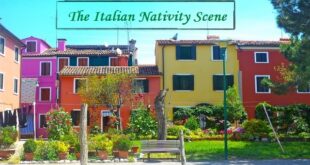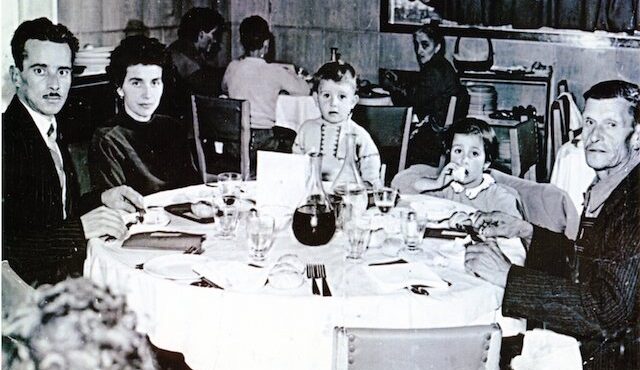
The bus to Pisa from Piandelagotti negotiated the tight turns down the mountainside. With every passing kilometer my parents knew there was no turning back. They stayed to themselves. My mother kept crying while my father was stoic, and my sister and I remained silent. Pisa would be the first stop. There, we would change buses to continue on the final bus leg to Genova, the Italian port city.
We stayed the night in a hotel near the docks. Early the next day, we boarded the Andrea Doria, the principal Italian, luxury ocean liner. All travel arrangements had been made through an agency located in Frassinore, a larger town nine kilometers from Piandelagotti that served as the County Seat.
We crossed the Atlantic Ocean in nine days arriving at the Port Authority, New York City, early morning December 10, 1955. After we disembarked we were directed to a huge open area that had yellow painted lines on the floors and multiple signs posted on walls. This enormous room, with a very high ceiling, was full of people, a number well beyond the total population of Piandelagotti and produced a tremendous noise. It was quite confusing for me, so I held my father’s hand tight and walked close to him.
As we shuffled along following the crowd we were approached by a uniformed man who spoke to us in Italian and accompanied our family to the proper stations, staying with us until all the import paperwork was reviewed and processed. He then led us to the taxi station where he gave the taxi driver a piece of paper, provided to him by my father, that had an address written on it.
In English, he conducted a conversation with the driver as he handed him the slip of paper. My father asked the translator about our trunk that was stored on board the Andrea Doria. My father was informed that it would be shipped to our final destination and not to worry. The mustachio uniformed man then turned to our family and wished us good travel.
After the driver stored our suitcases in the car’s trunk he got behind the wheel and turned to face us in the back seat and smiled. He then merged into the busy midday New York traffic, and we slowly made our way through streets the like I’ve never seen before, not even in Pisa or Genova. Cars occupied the entirety of the road space with pedestrians shoulder to shoulder on the sidewalks, under hats and coats, with their breath visible on a sunny, cloudless but chilly day as they walked under buildings that seemingly reached the sky. The persisting noise of car horns and traffic, policemen whistles, the occasional fire truck or ambulance, with the taxi driver listening to strange music, and the mass of people walking, clicking their heels onto the pavement, prolonged my confused state. After what seemed like a long time, trapped in our new world, we finally arrived at our destination.
The taxi driver stopped in front of the large double glass door, handed the piece of paper to another uniformed man, retrieved our suitcases and motioned us to follow the man in the red coat. My parents friends had emigrated from Piandelagotti and settled in New York in their city apartment a year before our arrival there. The four of us were exhausted, partly from the voyage but also from our effort to comprehend our new situation and the sheer expansiveness of our present environment.
Our hosts suggested we lay down to rest, which we all did but not before staring out their large windows to view the largeness of New York City. As the adults conversed behind, my sister and I continued to gaze out the windows without saying a word. We rested for the better part of that day before being driven, by another taxi, to Grand Central Station to board an overnight train to Chicago.
We traveled in darkness, the sun just rising when the train pulled into LaSalle Street station on the cold Sunday morning of December 11, 1955. When we descended from the train, we were directed to walk under expansive, concrete arches to the spacious center area. Waiting at the station were my father’s sister, Oliva, and her husband. My father hadn’t seen his sister in eighteen years. As she saw us she began to enthusiastically wave. We all followed my father until we met them with tight embraces.
The four of us were visibly weary, none of us were able to sleep much on the train and generally were exhausted as a result of our long journey. My mother asked for a cup of coffee. When my uncle provided American coffee, she scoffed, rejecting the watery liquid after only one sip. They would take us to Highwood, a northern suburb of Chicago.
 Fra Noi Embrace Your Inner Italian
Fra Noi Embrace Your Inner Italian


